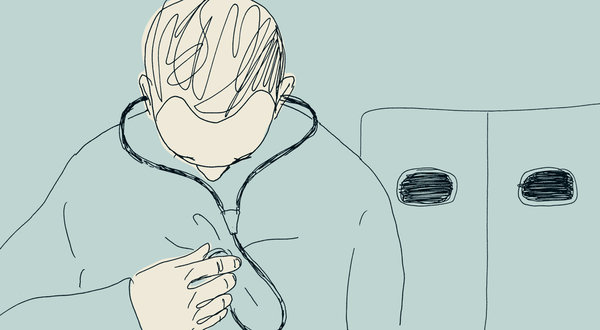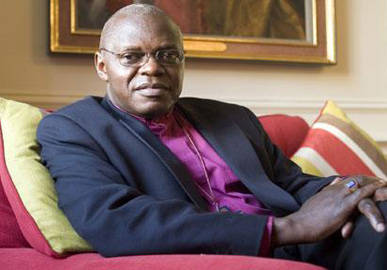COMMENTARY — Leeat Granek
MY mother died of breast cancer in 2005 after living with the disease for nearly 20 years. Her oncologist, whom I knew from the time I was 9 years old, was her doctor for most of that time. I practically grew up in the hospital, and my family felt quite close to the health care providers, especially the oncologist. After my mother died I wondered if the feeling was mutual.
Do doctors grieve when their patients die? In the medical profession, such grief is seldom discussed — except, perhaps, as an example of the sort of emotion that a skilled doctor avoids feeling. But in a paper published on Tuesday in Archives of Internal Medicine (and in a forthcoming paper in the journal Death Studies), my colleagues and I report what we found in our research about oncologists and patient loss: Not only do doctors experience grief, but the professional taboo on the emotion also has negative consequences for the doctors themselves, as well as for the quality of care they provide.
Our study took place from 2010 to 2011 in three Canadian hospitals. We recruited and interviewed 20 oncologists who varied in age, sex and ethnicity and had a wide range of experience in the field — from a year and a half in practice in the case of oncology fellows to more than 30 years in the case of senior oncologists. Using a qualitative empirical method known as grounded theory, we analyzed the data by systematically coding each interview transcript line by line for themes and then comparing the findings from each interview across all interviews to see which themes stood out most robustly.
We found that oncologists struggled to manage their feelings of grief with the detachment they felt was necessary to do their job. More than half of our participants reported feelings of failure, self-doubt, sadness and powerlessness as part of their grief experience, and a third talked about feelings of guilt, loss of sleep and crying.
Our study indicated that grief in the medical context is considered shameful and unprofessional. Even though participants wrestled with feelings of grief, they hid them from others because showing emotion was considered a sign of weakness. In fact, many remarked that our interview was the first time they had been asked these questions or spoken about these emotions at all.
The impact of all this unacknowledged grief was exactly what we don’t want our doctors to experience: inattentiveness, impatience, irritability, emotional exhaustion and burnout.
Even more distressing, half our participants reported that their discomfort with their grief over patient loss could affect their treatment decisions with subsequent patients — leading them, for instance, to provide more aggressive chemotherapy, to put a patient in a clinical trial, or to recommend further surgery when palliative care might be a better option. One oncologist in our study remarked: “I see an inability sometimes to stop treatment when treatment should be stopped. When treatment’s futile, when it’s clearly futile.” From a policy standpoint, this is an especially worrisome finding, given the disproportionately high percentage of heath care budgets spent on end-of-life care.
Unease with losing patients also affected the doctors’ ability to communicate about end-of-life issues with patients and their families. Half of our participants said they distanced themselves and withdrew from patients as the patients got closer to dying. This meant fewer visits in the hospital, fewer bedside visits and less overall effort directed toward the dying patient.
It’s worth stressing that most physicians want what is best for their patients and that the outcome of any medical intervention is often unknown. It’s also worth noting that oncologists and other physicians who are dealing with end-of-life issues are right to put up some emotional boundaries: no one wants their doctor to be walking around openly grief-stricken.
But our research indicates that grief is having a negative impact on oncologists’ personal lives and that there is a troubling relationship between doctors’ discomfort with death and grief and how patients and their families are treated. Oncologists are not trained to deal with their own grief, and they need to be. In addition to providing such training, we need to normalize death and grief as a natural part of life, especially in medical settings.
To improve the quality of end-of-life care for patients and their families, we also need to improve the quality of life of their physicians, by making space for them to grieve like everyone else.
Leeat Granek is a health psychologist and a postdoctoral fellow at the Hospital for Sick Children in Toronto.
Complete Article HERE!


